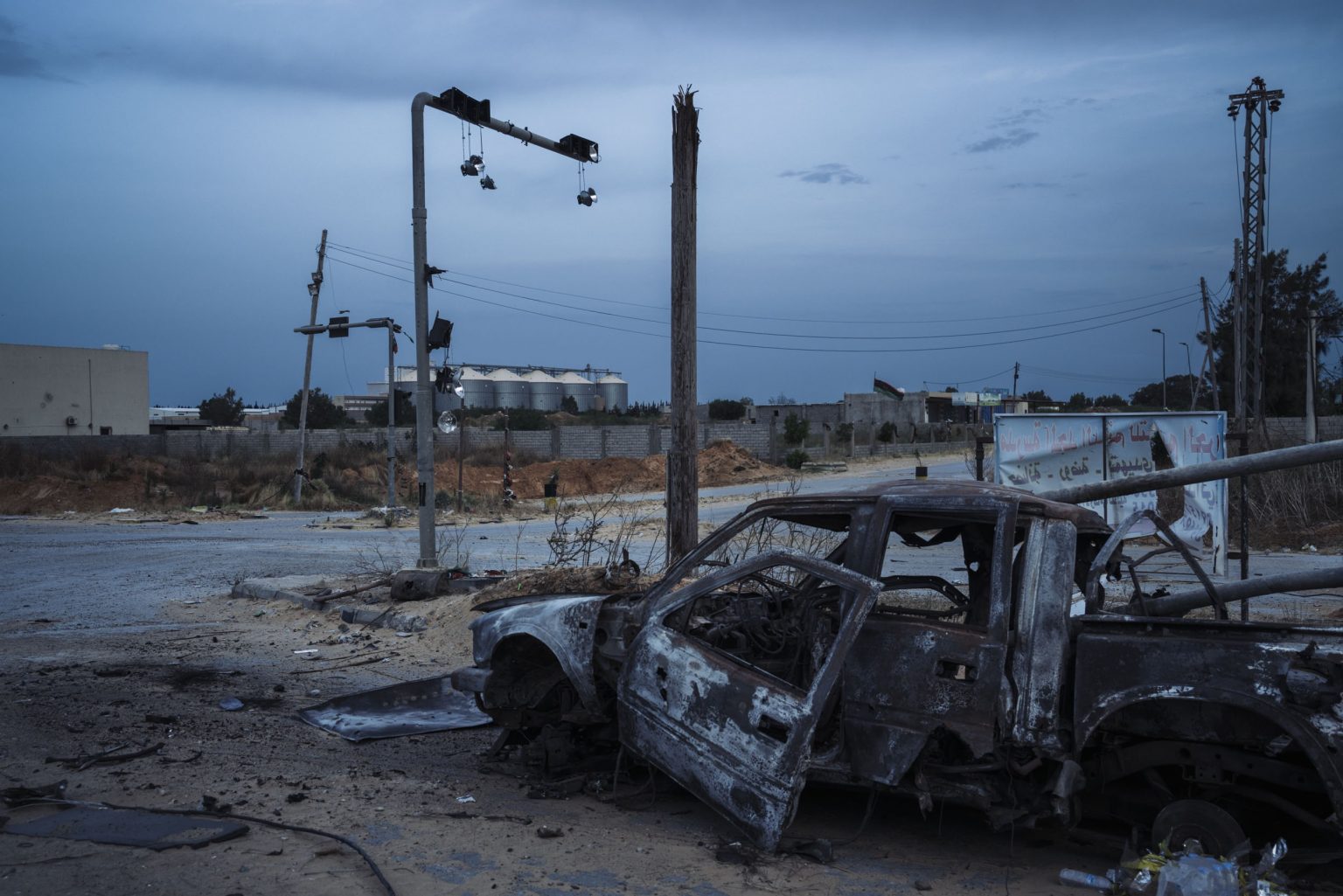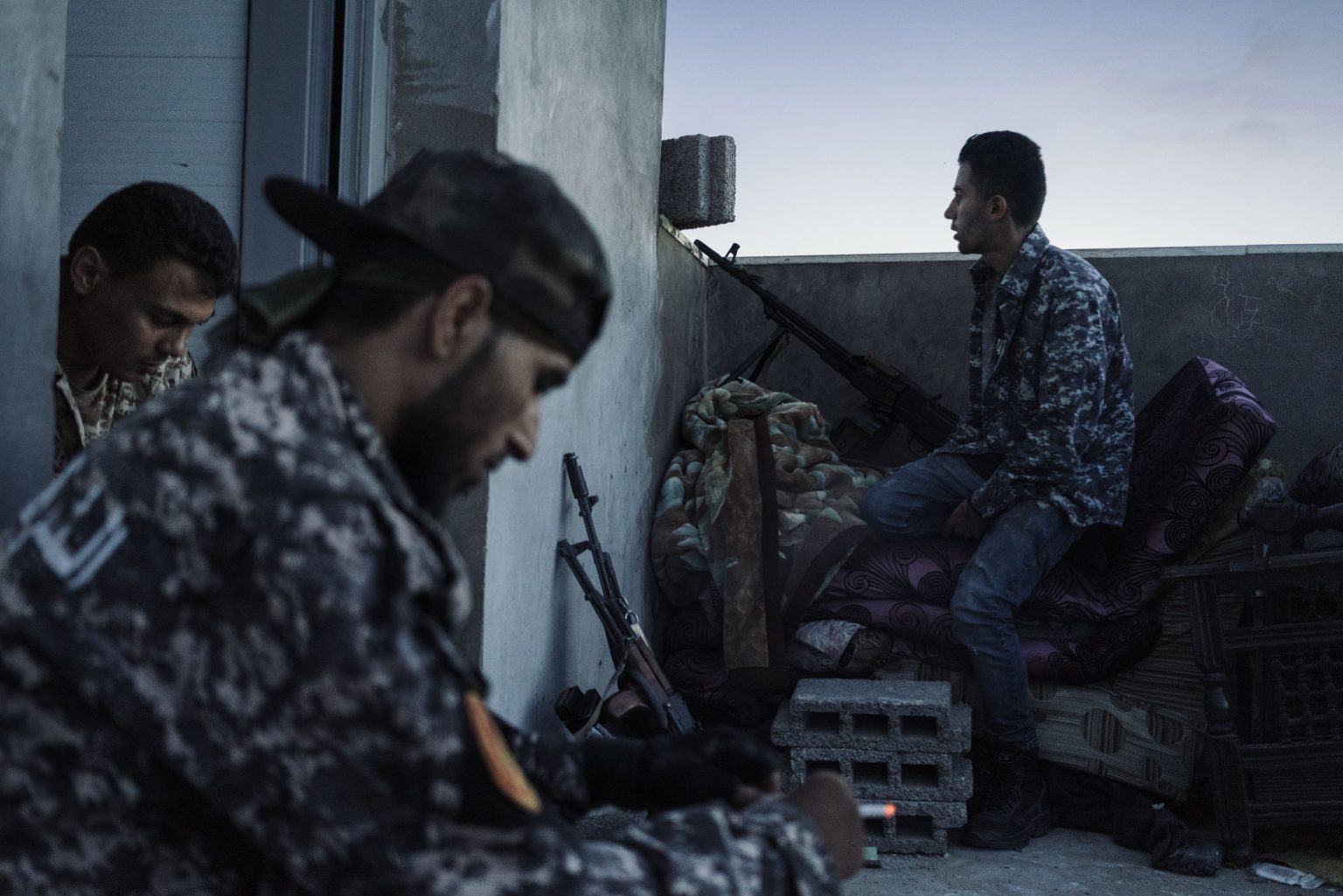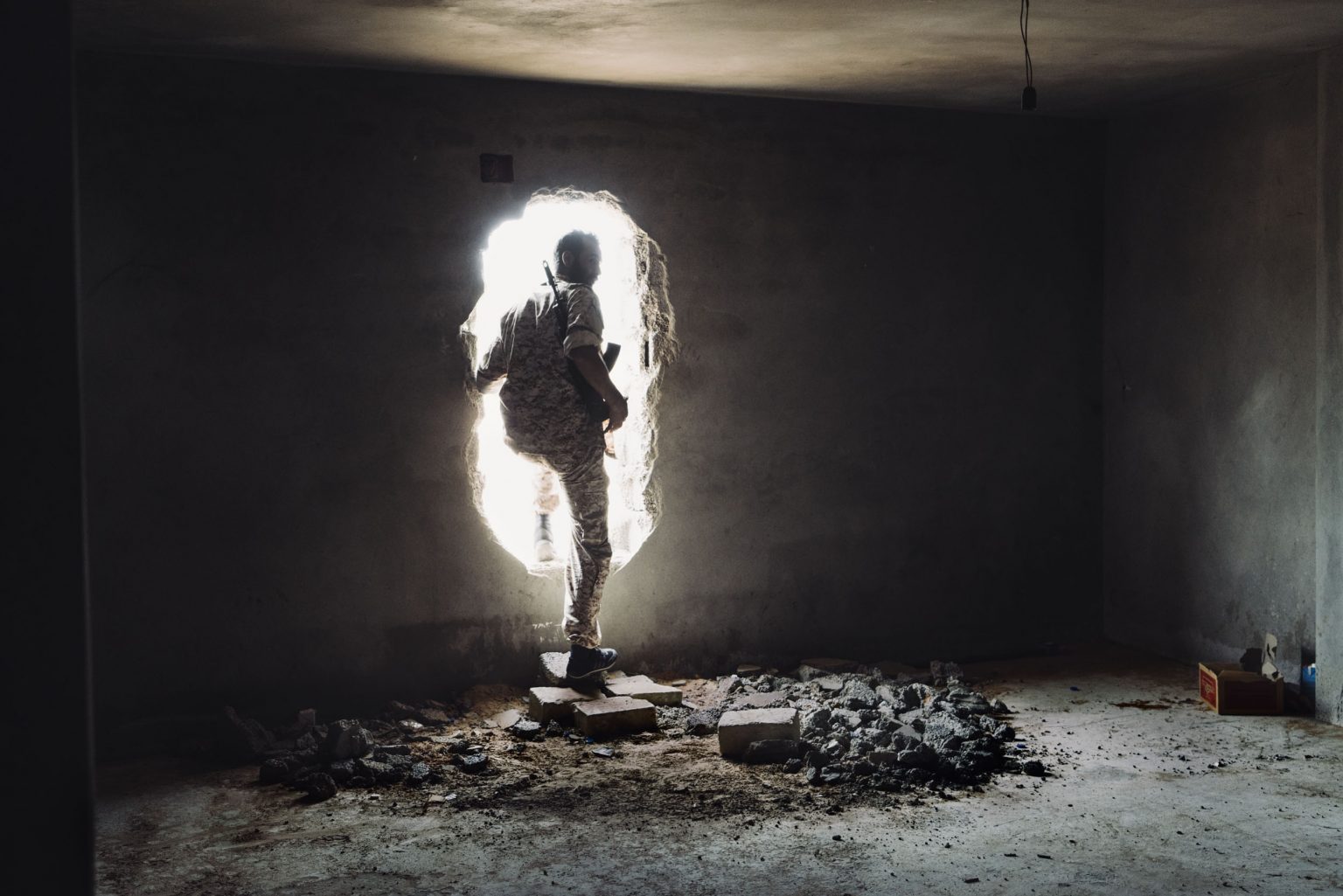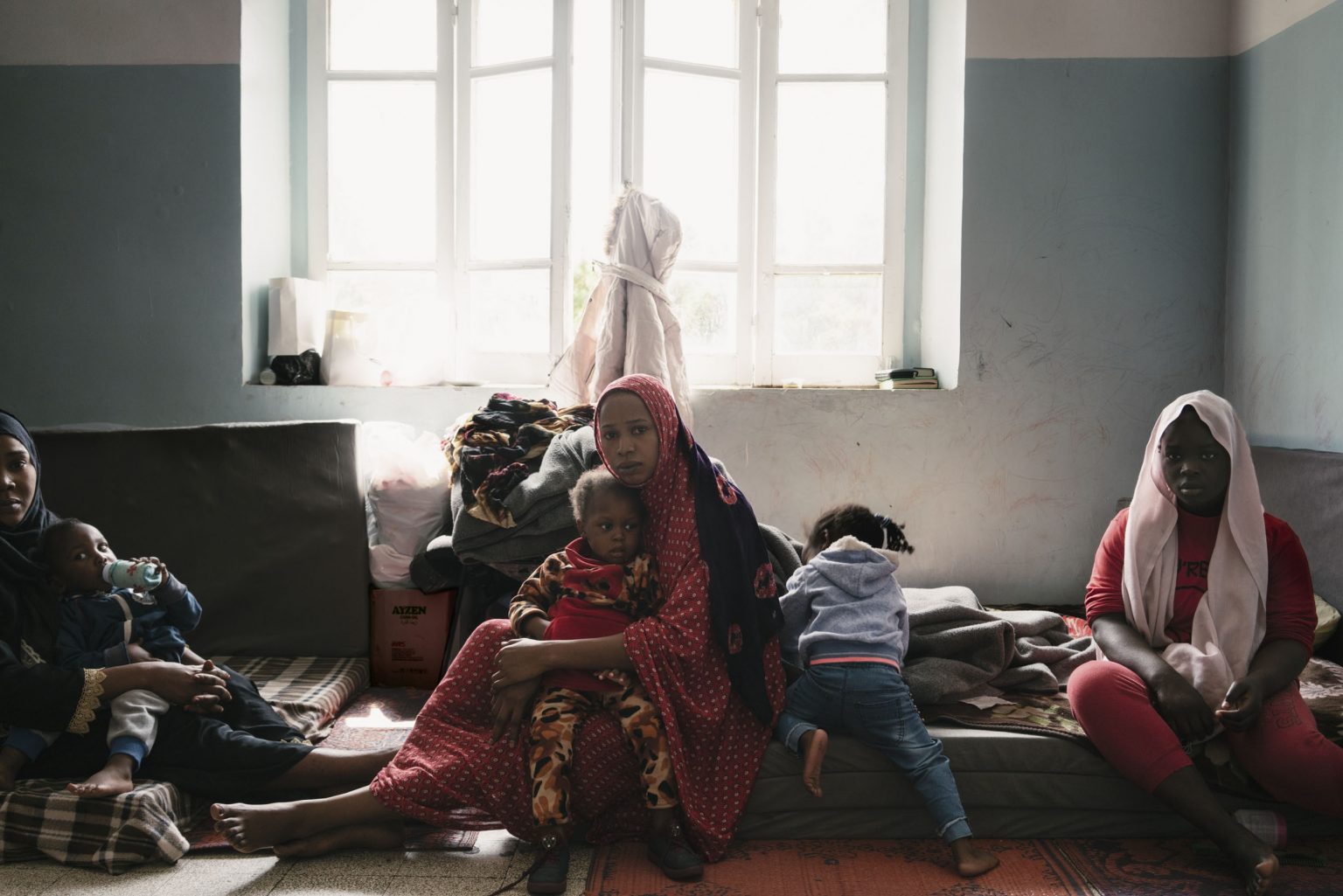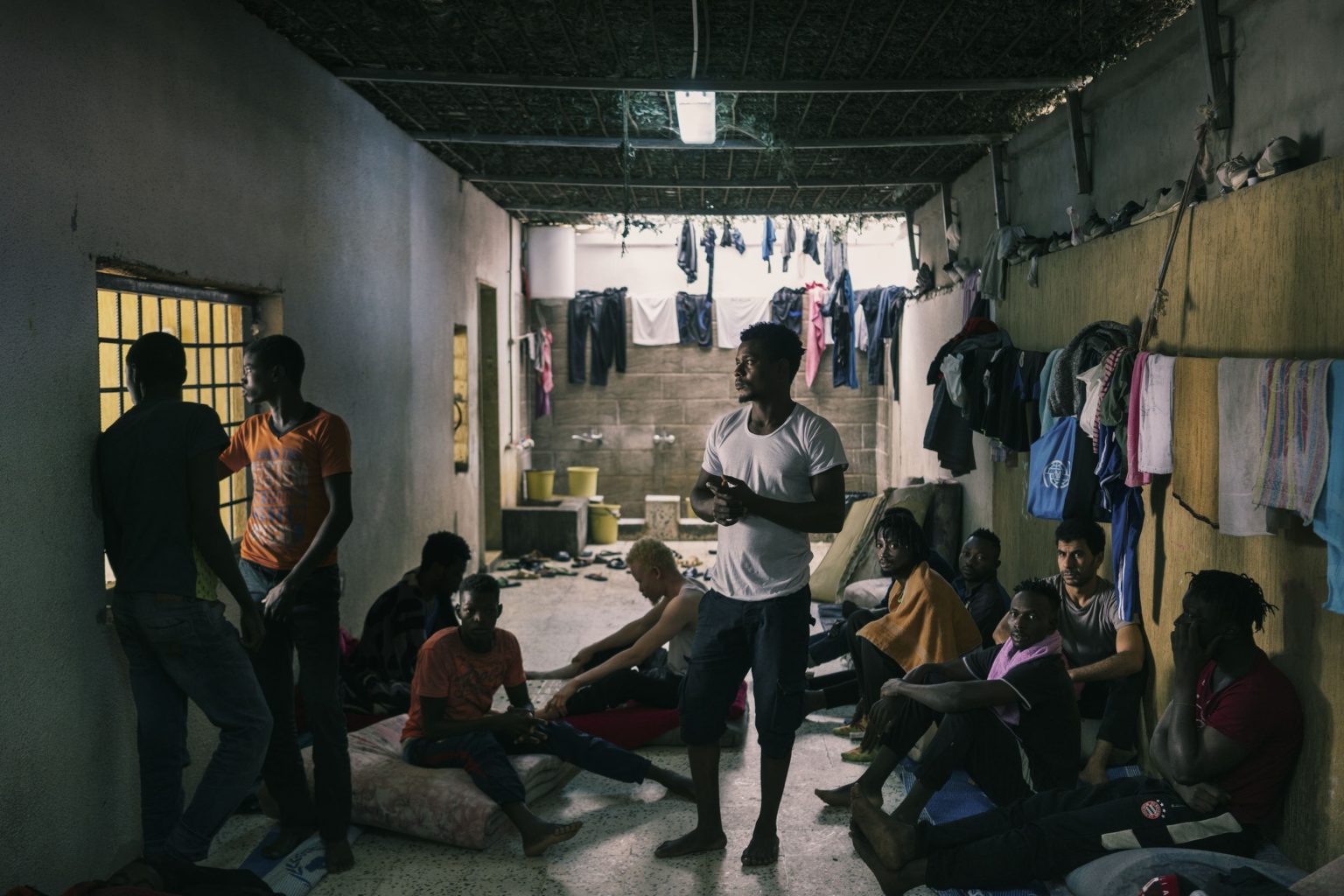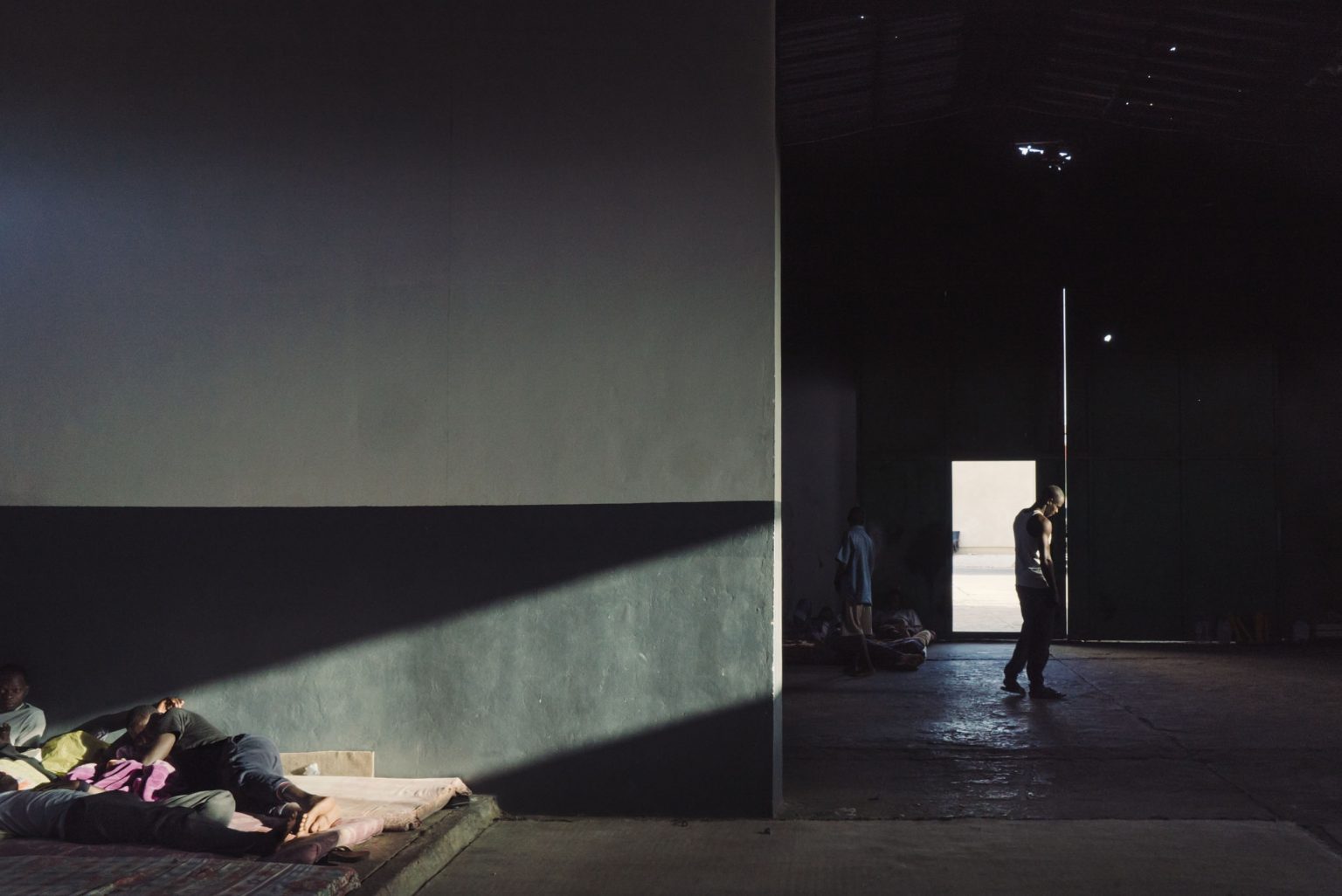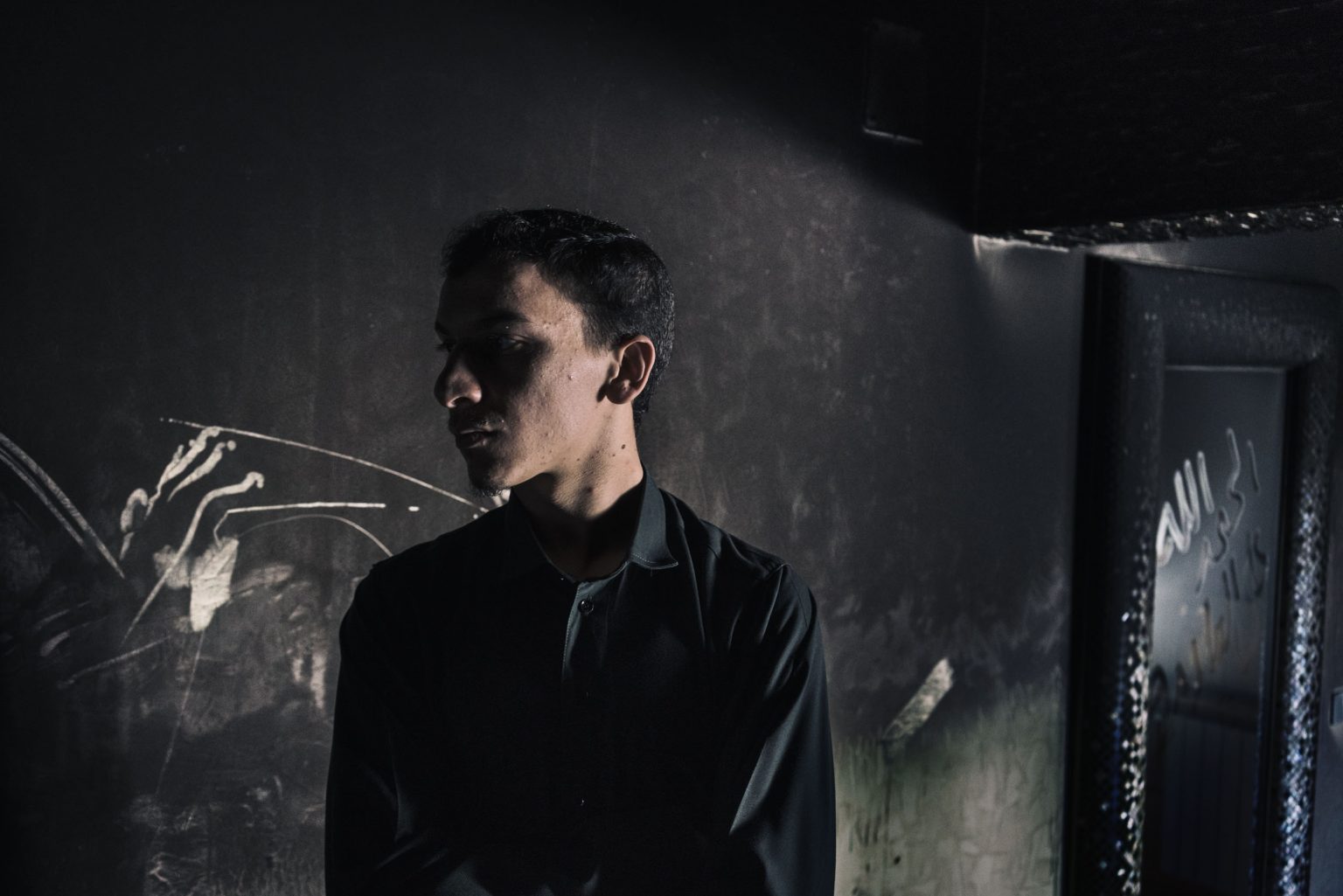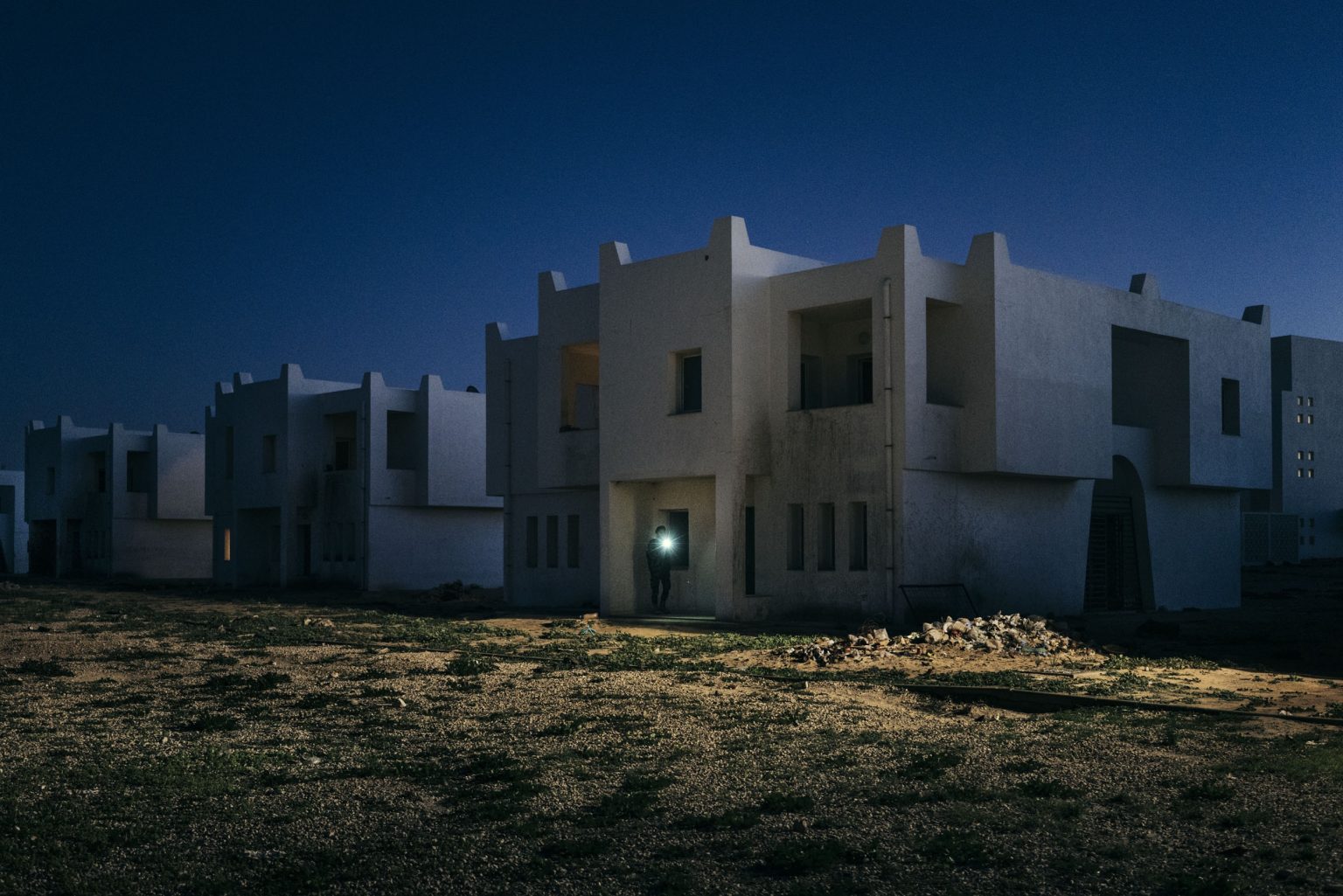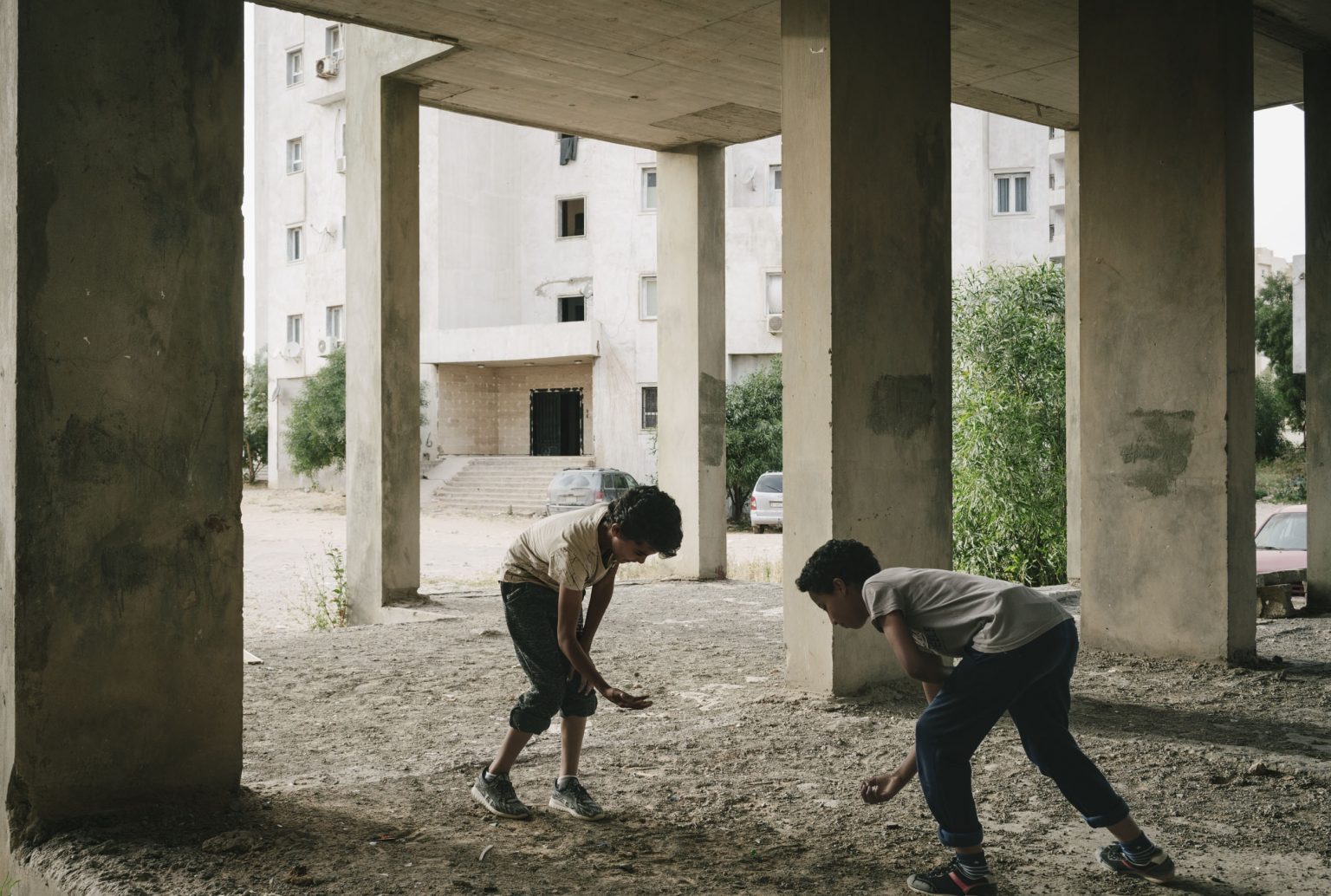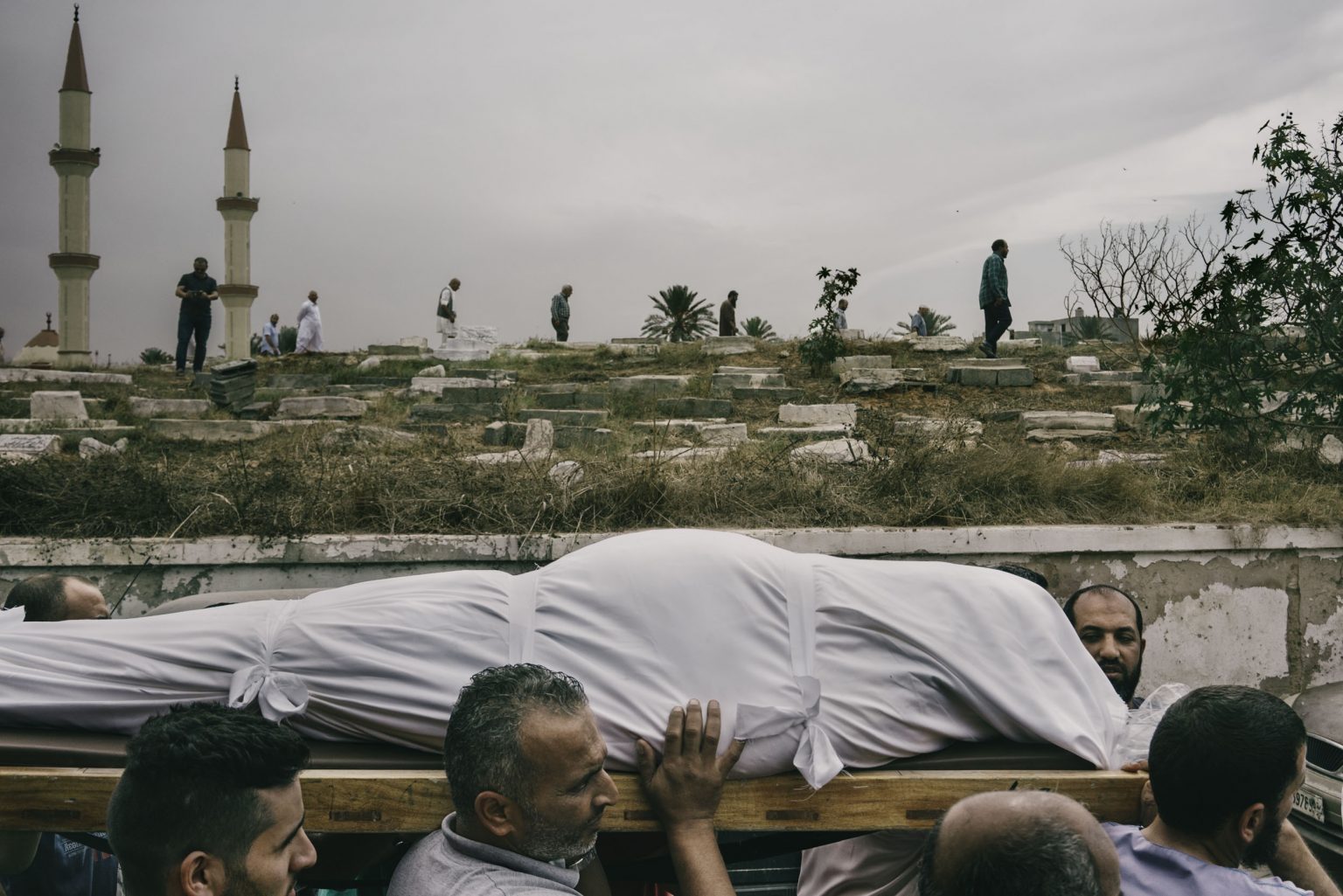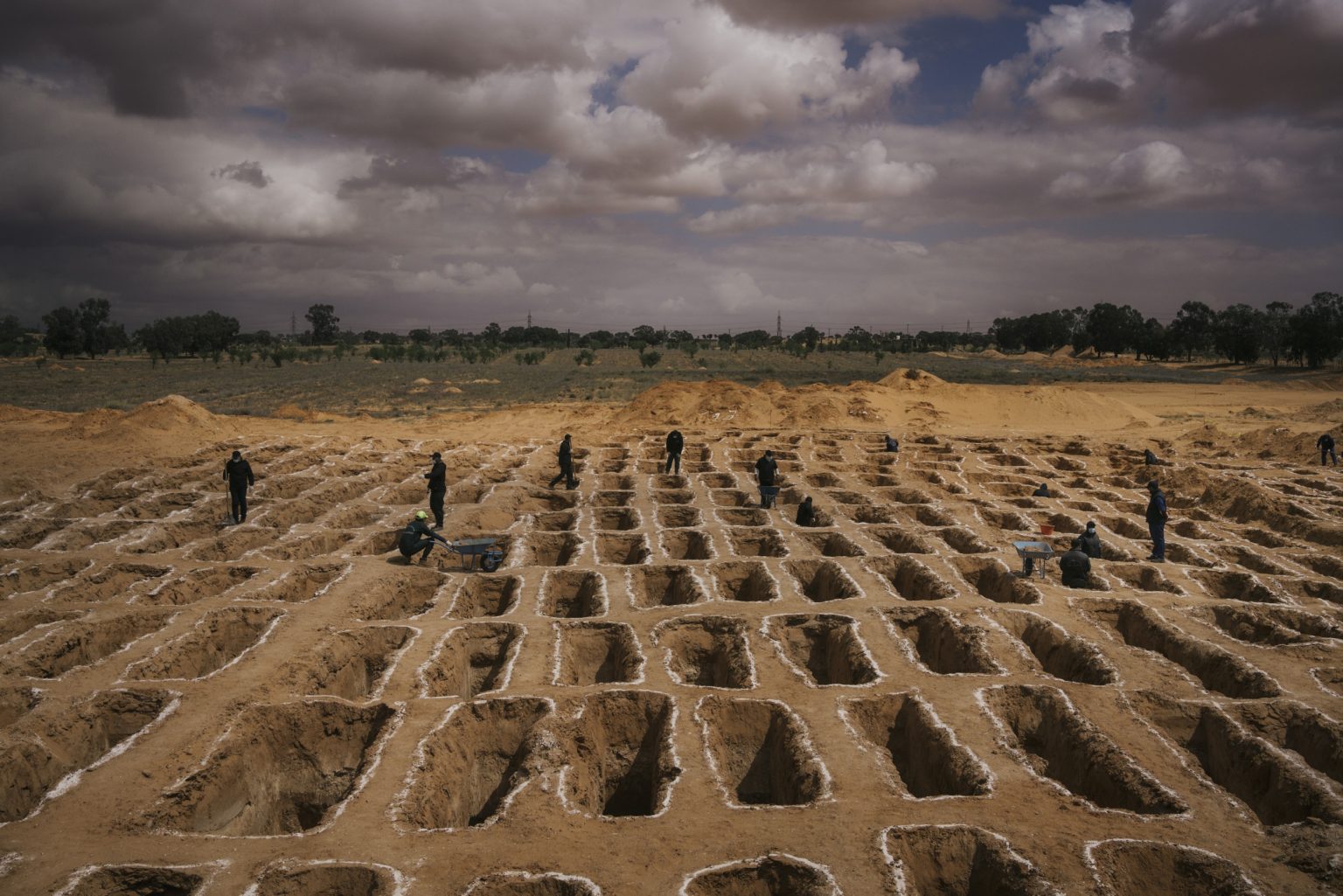Broken Libya
In April 2019, renegade commander Khalifa Haftar launched an offensive to overthrow the United Nation-backed government in Tripoli.
His forces, also known as the Libyan National Army, battled armed groups from Misurata and other western cities aligned with the Government of National Accord.
The ensuing civil war, and the battle for Tripoli, caused a renewed humanitarian crisis with civilians, Libyans and migrants alike, paying the highest price.
Thousands of African migrants, who have endured huge deprivations and even torture in a bid to reach Europe, are faced even greater peril as they found themselves trapped in the middle of the renewed warfare. Over the past year, more than 10,000 migrants trying to cross the Mediterranean have been brought back to Libyan detention centers after stringent European anti-migration policies took effect.
Last spring Haftar vowed to take over Tripoli swiftly, but by the end of the summer it was clear that the war had entered a military stalemate. Now, the frontlines are silent but, as the involvement of external powers like Turkey and Russia has become more prominent, the future of the conflict remains uncertain.

